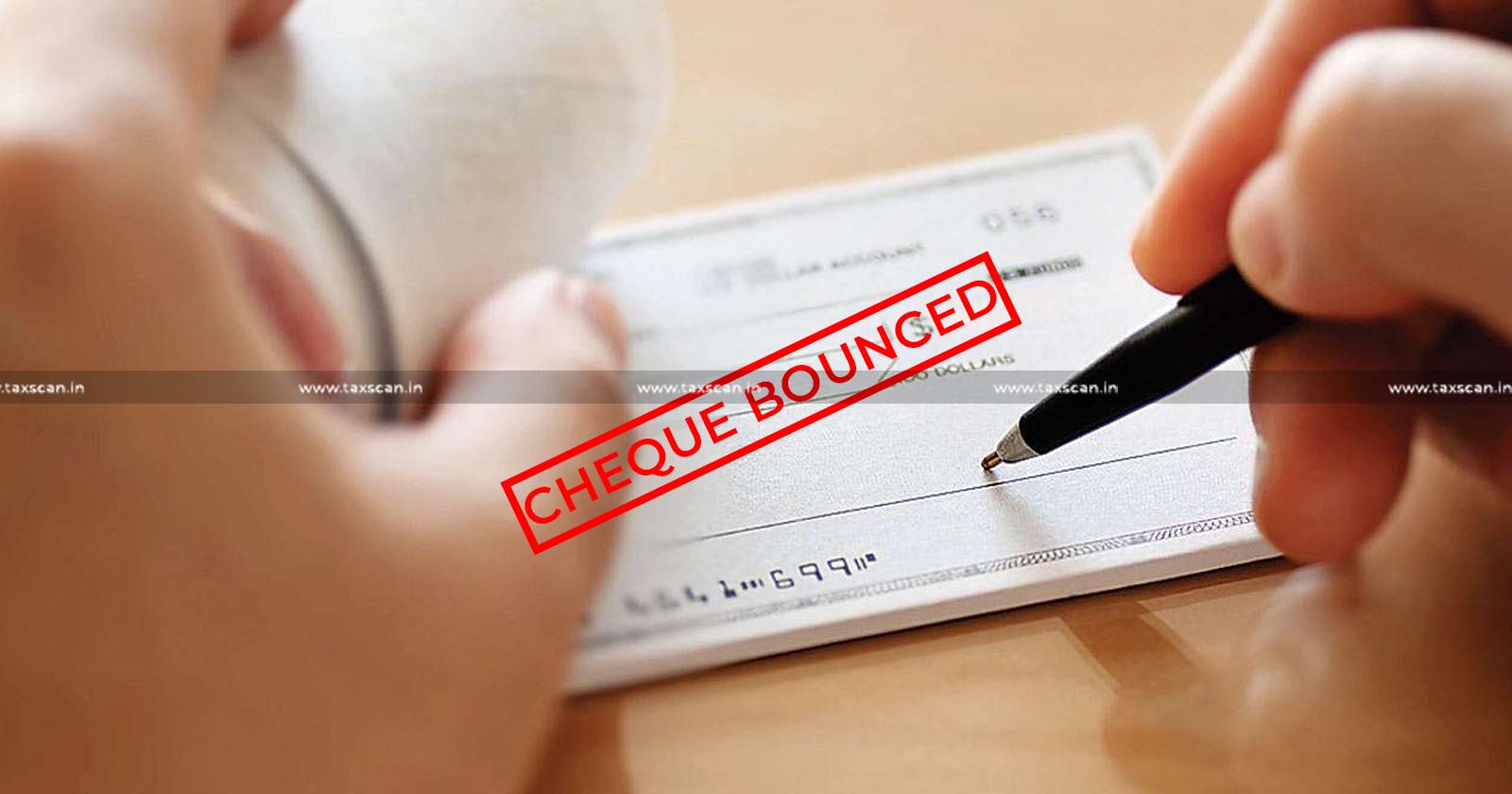Madras HC issues Directions to Streamline Cheque Bounce cases under Negotiable Instruments Act [Read Order]
The High Court advocated for the use of N-STEP facility to electronically deliver summons in cheque-bouncing cases

Madras High Court – Negotiable Instruments Act – Negotiable Instruments – cheque bounce – Taxscan
Madras High Court – Negotiable Instruments Act – Negotiable Instruments – cheque bounce – Taxscan
In order to expedite and guarantee the timely resolution of check bounce cases under the Negotiable Instruments Act, 1881 (NI Act), the Madurai Bench of the Madras High Court issued a number of directives. These directives were based on precedents previously established by the Supreme Court in similar instances throughout the years.
Justice N Anand Venkatesh passed the order while disposing of a plea tied to one such case which had remained pending on the files of the trial court for nearly three years.
The High Court noted that magistrate courts have been overloaded with instances involving bounced checks for years. It was believed that such delays would negate the fundamental goal of Section 138 of the NI Act and related provisions.
Additionally, the court pointed out that the Supreme Court has attempted to resolve the issue by giving different orders in a number of instances, and in 2021 it even started a suo motu case called In Re: Expeditious Trial of instances Under Section 138 of NI Act, 1881.
Become PF & ESIC Pro: Basic to Advance Course - Enroll Today
The High Court bemoaned the fact that the top court's orders have stayed on paper since there hasn't been adequate scrutiny. In order to address this "unfortunate state of affairs," the High Court made the decision to compile the Supreme Court's previous rulings and create guidelines that trial courts might use to address the growing backlog of cases involving bounced checks.
In accordance with the Supreme Court's rulings in its 2021 suo motu case, the judge further stated that these guidelines will take effect on March 3 and stay in effect until the High Court issues additional practice guidelines.
Justice Venkatesh also advocated for the use of the National Service and Tracking of Electronic Processes (N-STEP) facility to issue summonses in situations involving bounced checks, among other recommendations and directives. The electronic summons delivery is part of the NSTEP function.
The court pointed out that the Madras High Court already uses this service to deliver summonses in civil matters that are before it. In order to decide whether or not such a facility may also be used for issuing summonses in NI Act proceedings, he went on to refer the subject to the Chief Justice.
Read More: Suresh Choudhary will be Sworn as Deputy Registrar of Jaipur GSTAT
"On the administrative side, the High Court may explore the possibility of extending the N-STEP facility for service of summons which is currently used for civil cases to cases under the Negotiable Instruments Act, 1881 having regard to the fact that the offence has been held to be quasi-criminal in character," Justice Venkatesh reasoned.
Become PF & ESIC Pro: Basic to Advance Course - Enroll Today
The Court's directives address the different phases of trial in cases involving check bounces, including whether a complaint should be heard by a trial court, how process and summonses should be issued, whether interim compensation should be granted, how trial proceedings should proceed once the accused appears in court, and the type of trial that is anticipated in these situations.
The Court directed trial courts, among other things, to make sure that the complainant's examination-in-chief, cross-examination, and re-examination are completed within three months of the trial's commencement date. "It will be the duty of all concerned to stick to the schedule, and adjournments/re-scheduling of dates shall not be granted unless for strong and exceptional reasons, and that too upon imposition of costs," the Court ruled.
Additionally, the Court ordered that trial courts do everything in their power to finish the proceedings by the deadline set by Section 143(3) of the Negotiable Instruments Act, 1881. In order for the judicial magistrates who hear these matters to be informed, the Court additionally ordered that a copy of its ruling be forwarded to each Principal District Judge in Tamil Nadu.
Support our journalism by subscribing to Taxscan premium. Follow us on Telegram for quick updates


